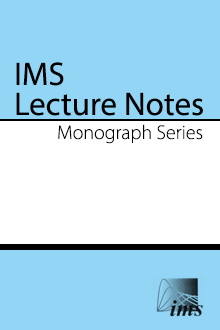Abstract
Expansions that furnish increasingly good approximations to real numbers are usually related to dynamical systems. Although comparing dynamical systems seems difficult in general, Lochs was able in 1964 to relate the relative speed of approximation of decimal and regular continued fraction expansions (almost everywhere) to the quotient of the entropies of their dynamical systems. He used detailed knowledge of the continued fraction operator. In 2001, a generalization of Lochs’ result was given by Dajani and Fieldsteel, Equipartition of interval partitions and an application to number theory, describing the rate at which the digits of one number-theoretic expansion determine those of another. Their proofs are based on covering arguments and not on the dynamics of specific maps. In this paper we give a dynamical proof for certain classes of transformations, and we describe explicitly the distribution of the number of digits determined when comparing two expansions in integer bases. Finally, using this generalization of Lochs' result, we estimate the unknown entropy of certain number theoretic expansions by comparing the speed of convergence with that of an expansion with known entropy.
Information
Digital Object Identifier: 10.1214/074921706000000202


